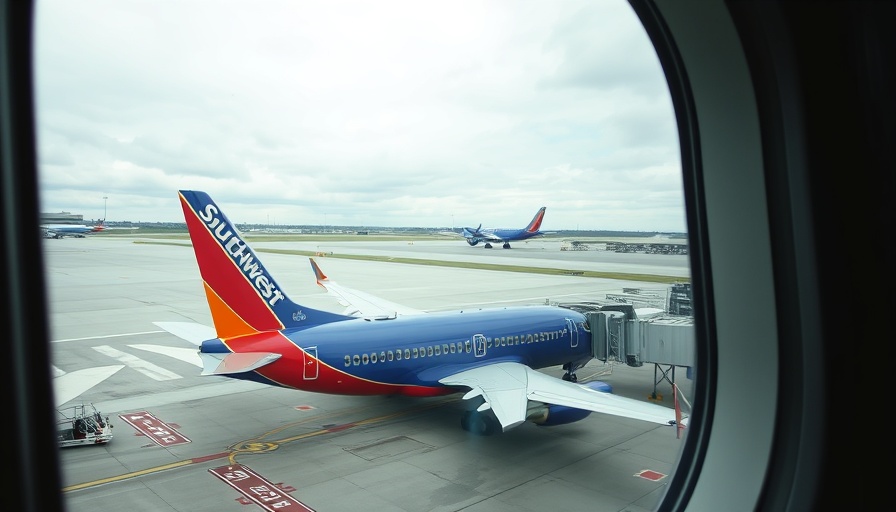
Southwest Airlines Faces Financial Challenges Amid Stabilizing Demand
Despite a dip in profits, Southwest Airlines insists that travel demand remains stable, offering a glimmer of hope for the beleaguered airline industry. The recent earnings report revealed that the airline fell short of Wall Street's projections, posting earnings per share of just 43 cents compared to the expected 51 cents. Revenue also lagged at $7.24 billion against an anticipated $7.3 billion, highlighting continued economic turbulence.
CEO Bob Jordan noted that this summer has seen intensified discounting, a common scenario as airlines adapt to fluctuating demand during a crucial travel season. With domestic coach-class travel not meeting initial expectations, Southwest has decided to cut flights during off-peak periods in a bid to streamline operations and maintain profitability.
Impact of Economic Uncertainty on the Travel Sector
April proved to be a significant turning point for Southwest, as they retracted their financial guidance for 2025 amidst rising economic uncertainties. This decision mirrors a broader trend among airlines facing similar challenges, suggesting that the recovery trajectory of travel will remain bumpy. Implementing strategies to navigate these obstacles is essential for airlines to sustain operations.
Share Buyback and Future Expectations
Interestingly, Southwest announced a $2 billion share buyback plan, aiming to bolster investor confidence despite the recent financial setbacks. The airline remarked that they expect unit revenue for the upcoming third quarter to fluctuate between a 2% drop and a 2% increase compared to the same quarter in the prior year. This reflects the uncertain landscape that executives across the industry are currently negotiating.
Conclusion and Implications for Stakeholders
For business lenders, banks, and financial institutions, understanding Southwest's current predicament—and the airline industry's challenges at large—is vital. With the potential for future investment opportunities dwindling in light of economic uncertainties, financial entities must weigh risk against the potential returns carefully. As travel demand stabilizes, it is prudent to consider the airline industry's trajectory and how it may affect broader economic imperatives.
 Add Row
Add Row  Add
Add 




Write A Comment